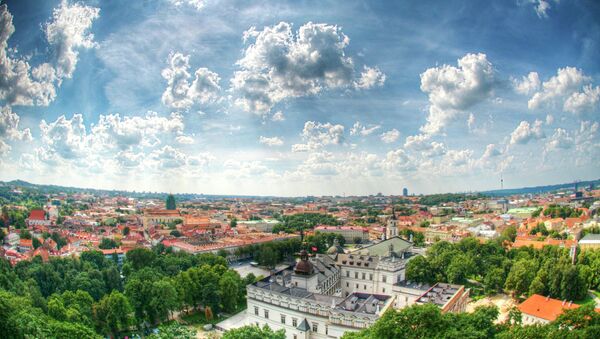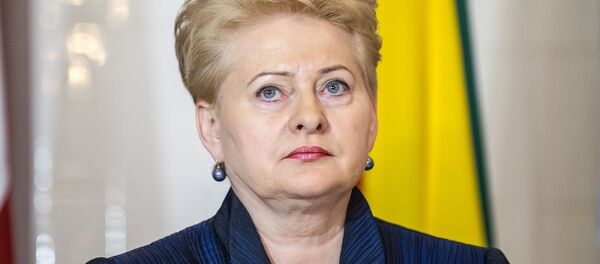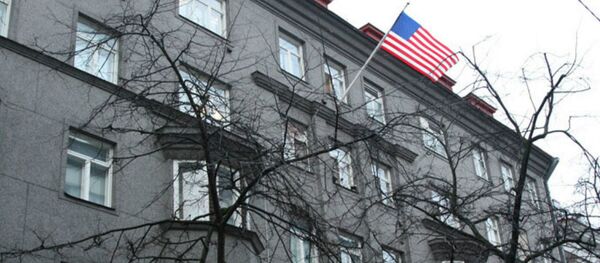Protesters expressed their concern over the Ministry of Education's plans to reform the school system, which would result in the closure or reorganization of 14 minority schools. Lithuania has been reorganizing its school system, ostensibly due to a drop in attendance due to immigration and declining birth rates. The government plans to close down nearly 200 schools by September 1, 2015, which means that many students among the Polish and Russian minorities will either be forced to commute to schools further away or switch entirely to Lithuanian language instruction.
В Литве митингуют против реорганизации школ В Вильнюсе прошел митинг против дискриминации школ http://t.co/a2ZmcdF5MY pic.twitter.com/AF72ljcAq8
— Новости Прибалтики (@RuBALTICru) June 1, 2015
11th graders at the Russian-language Lazdinayskoy School joining the protesters told a Delfi reporter on the scene that they are against the reform, and want to finish their studies there. Chekonishkskoy Secondary School District Director Dariusz Wasilewski told the reporter that he fears that the reforms will eliminate Polish-language rural schools in the Vilnius region altogether, with only three Polish language gymnasiums in Vilnius as it is. "Children should not have to commute. We have found that children learn better when they learn where they live. Moreover, they should have access not only to [Polish language] gymnasiums, but to high school as well," Wasilewski noted.
Lithuanian education vice chancellor Rimantas Vaitkus called the protest a 'political show', saying that the reform has affected 150 Lithuanian language schools as well.
Although perceived discrimination against national minorities is lower in Lithuania than in neighboring Latvia and Estonia, Polish and Russian minorities have nonetheless complained of systemic discrimination by the Lithuanian government over several issues, including the underfunding of minority educational and cultural institutions, the Lithuanization of Polish surnames, and the renaming of Polish street names in several communities. However, unlike Estonia and Latvia, national minorities living in Lithuania were granted citizenship immediately following independence, and do not face the openly discriminatory policy of the 'alien' or 'non-citizen' passports.




